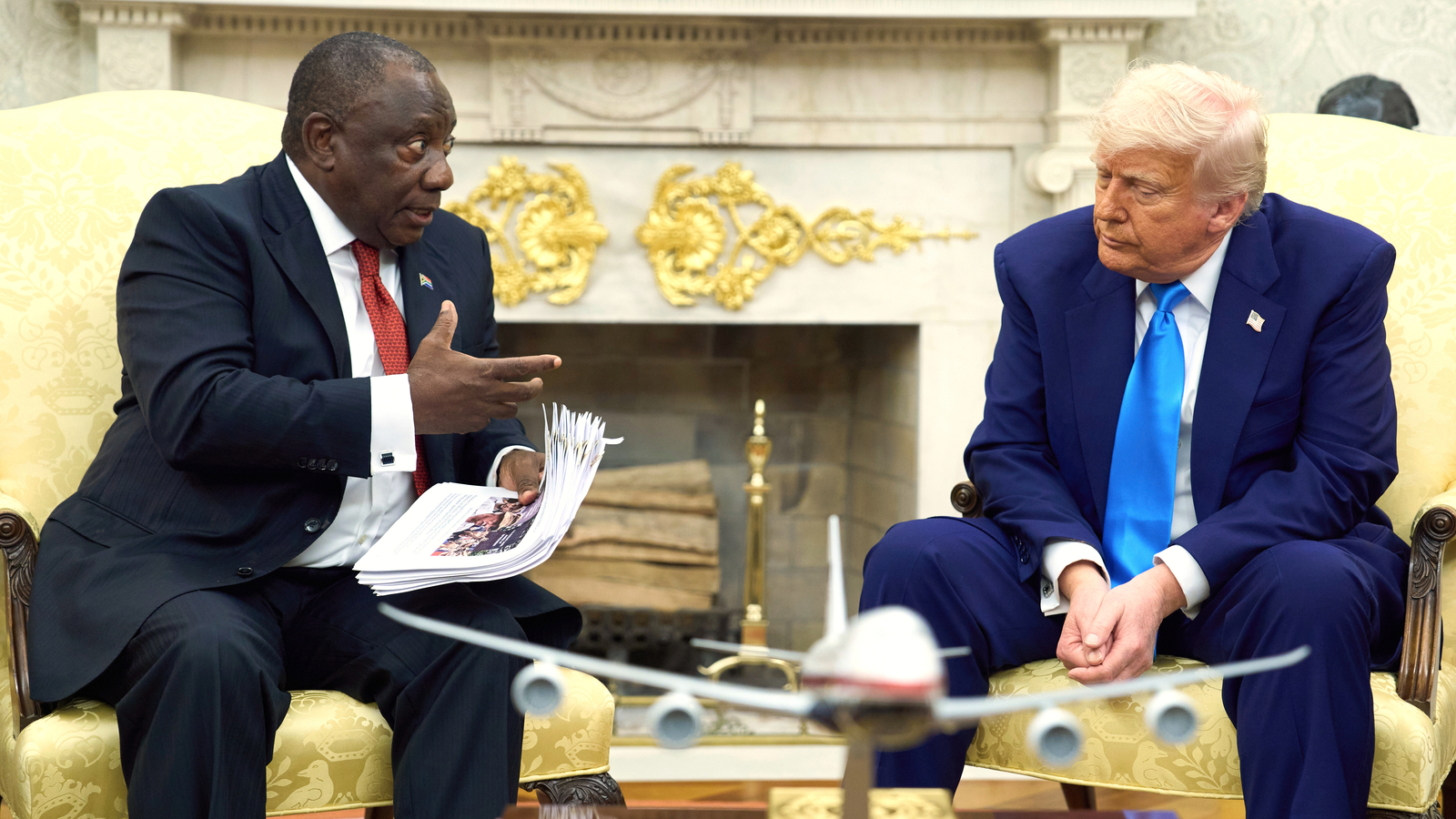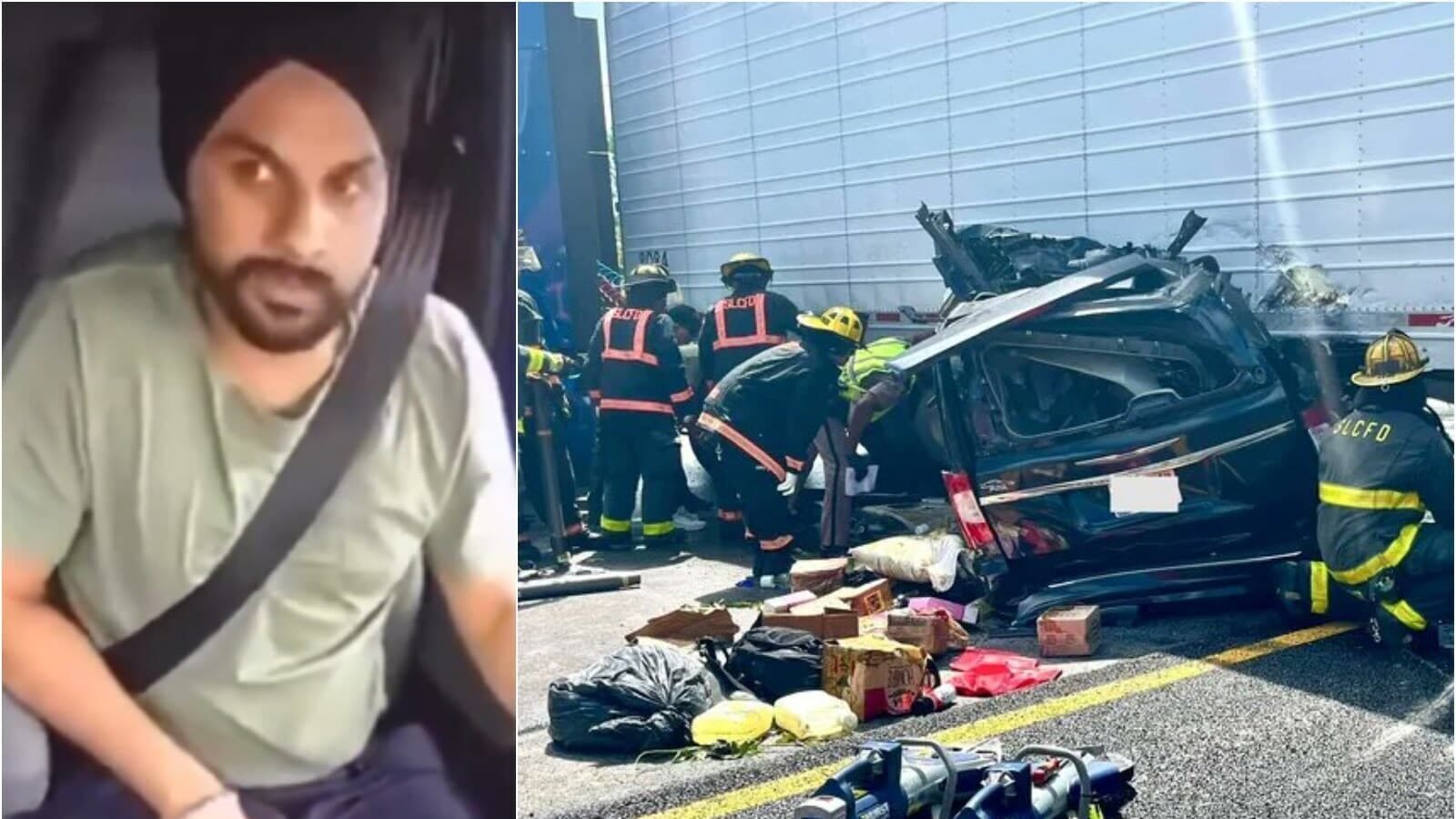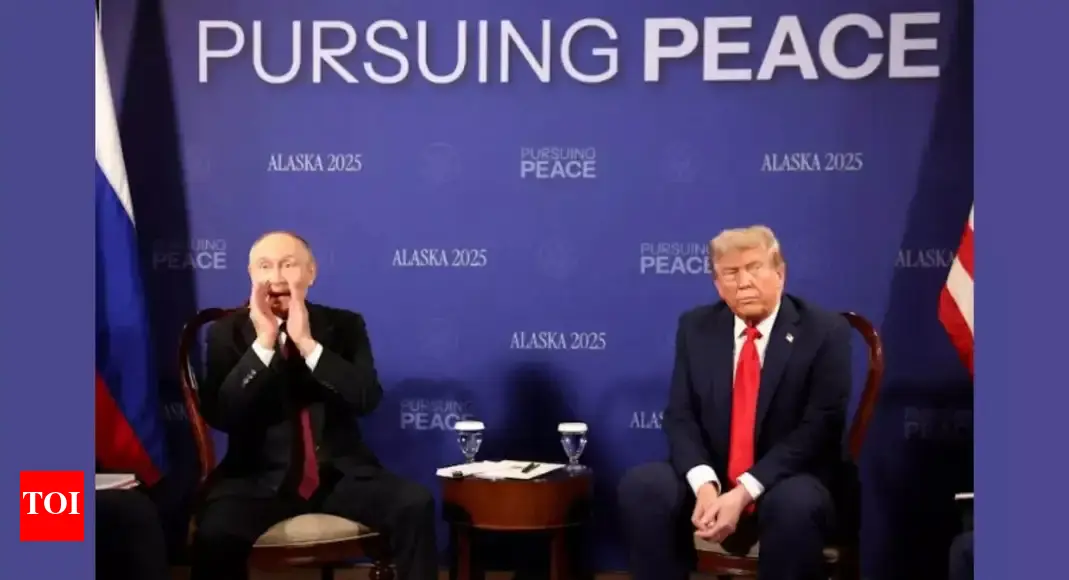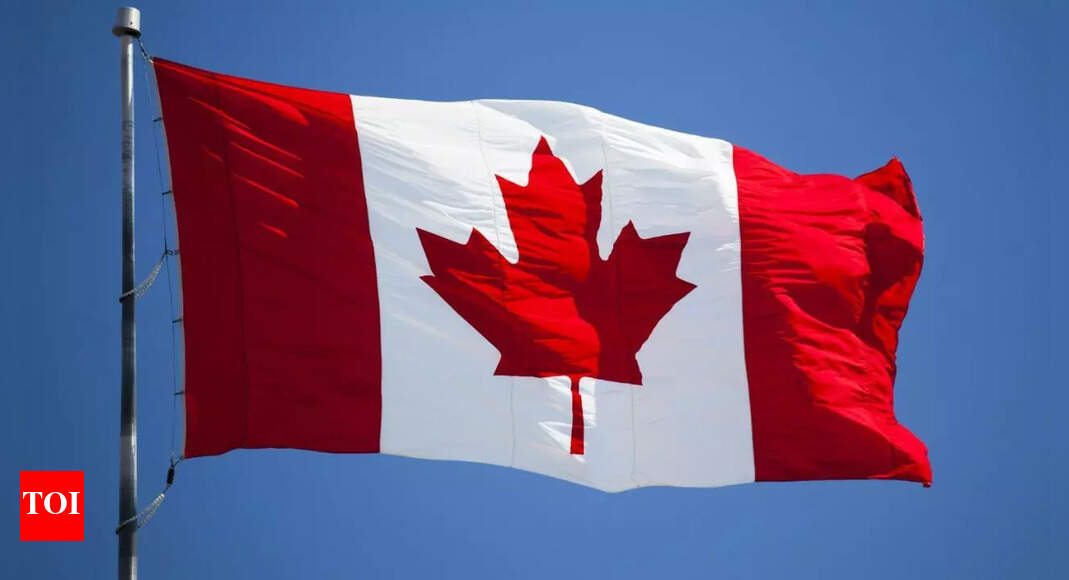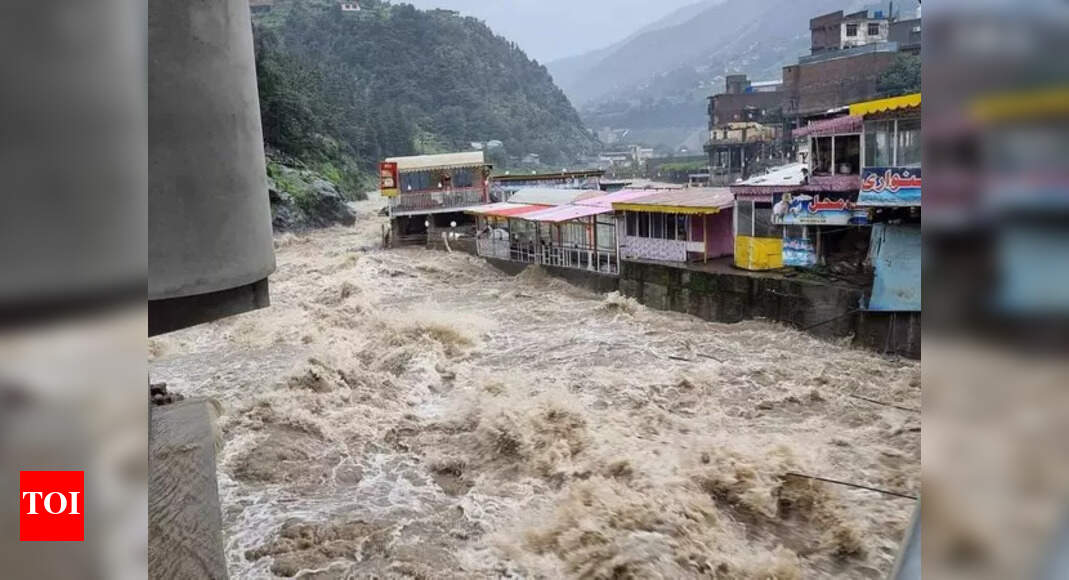US President Donald Trump confronted South African President Cyril Ramaphosa at the White House on Wednesday, raising allegations of mass killings and land seizures targeting white citizens—claims South Africa has repeatedly denied.

The encounter echoed Trump’s February confrontation with Ukrainian President Volodymyr Zelensky, catching Ramaphosa off guard.
South African officials have dismissed such accusations, stating that while crime rates are high, the vast majority of murder victims are Black, not white.
Following the White House meeting in which Donald Trump confronted South Africa’s president, the country’s foreign ministry spokesperson posted on X, stating, “There is no land confiscation.”
The South African leader’s visit was initially framed as an effort to ease tensions after Trump and his South African-born billionaire ally, Elon Musk, made unfounded genocide accusations, according to AFP. Musk, present in the Oval Office, has played a major role in promoting the “white genocide” narrative.
“We are essentially here to reset the relationship between the United States and South Africa,” Ramaphosa said.
What happened at the White House?
South African President Cyril Ramaphosa arrived at the White House intending to focus on trade and critical minerals. The meeting began on a friendly note, with Ramaphosa and Trump sharing light remarks about golf. Prominent South African golfers Ernie Els and Retief Goosen accompanied Ramaphosa as part of his delegation.
However, the tone of the Oval Office meeting quickly shifted. Trump introduced a video and printed articles that he claimed supported his unverified assertions of persecution against white South Africans.
“People are fleeing South Africa for their own safety. Their land is being confiscated, and in many cases, they’re being killed,” Trump stated during his remarks.
The South African government, which transitioned to a democratic state in 1994 after decades of apartheid, has rejected such allegations. Officials noted that the country’s land reform law, designed to correct historical injustices, allows land expropriation without compensation only under public interest criteria—such as unused land—and no such action has yet occurred. These decisions are also open to legal challenge.
The video presented by Trump featured white crosses, which he described as graves of white South Africans, along with footage of opposition leaders delivering inflammatory speeches. Trump referenced one such leader, Julius Malema, suggesting he should be arrested.
As the footage played, Ramaphosa remained mostly impassive, occasionally glancing toward the screen. He commented that he had not seen the video before and expressed interest in learning where it had been recorded.
Trump also displayed printed news articles about white South Africans who had been killed, turning the pages while saying, “death, death.”
In response, Ramaphosa acknowledged that crime was a serious issue in South Africa but stressed, “the majority of victims were Black.” Trump interjected: “The farmers are not Black.”
Ramaphosa calmly replied, “These are concerns we are willing to talk to you about.”
Throughout the exchange, Ramaphosa maintained his composure. Trump has recently criticised South Africa’s land reform law and its International Court of Justice case against Israel. His administration has also suspended aid, expelled the South African ambassador, and offered asylum to white Afrikaners over what he calls racially motivated discrimination—claims Pretoria strongly disputes.
While South Africa counts the United States as its second-largest trading partner after China, it currently faces a potential 30% tariff under Trump’s paused “Liberation Day” trade regime. During his visit, Ramaphosa aimed to secure a trade agreement and explore business opportunities.
Later in the meeting, South African billionaire Johann Rupert, also part of the delegation, defended Ramaphosa’s stance, stating crime affected all communities and “many Black people were dying too.” He referenced Elon Musk, a South Africa-born billionaire ally of Trump who attended the meeting, suggesting Musk’s Starlink telecom systems should be installed in every police station to aid in crime prevention.
The South African president was also anticipated to bring goodwill offerings, including a reported proposal to allow Elon Musk’s Starlink satellite internet service to operate in the country.
Since President Trump began his second term, his administration has taken a hard stance against South Africa—condemning its genocide case against Israel at the International Court of Justice, slashing foreign aid, imposing 31% tariffs, and expelling South Africa’s ambassador following his criticism of Trump’s Make America Great Again (MAGA) movement.
(With AFP, Reuters inputs)

